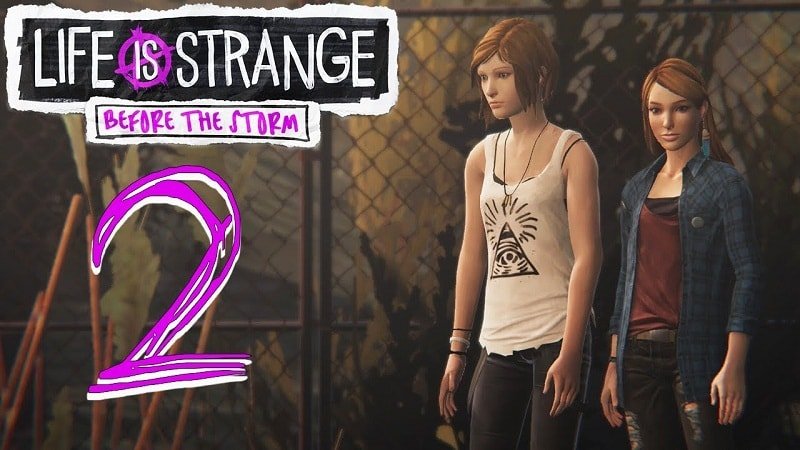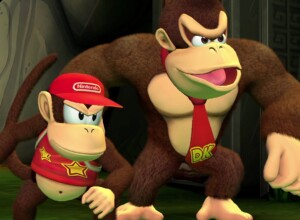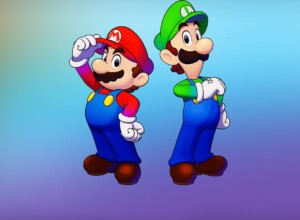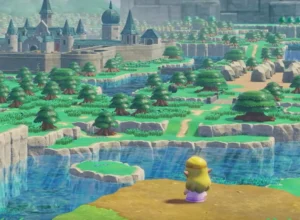Arcadia Bay is a misty Oregon burgh, hemmed in by damp forests and bounded on one side by the Pacific Ocean. Like any small town, its entrails are stained black. Secrets are scribbled on the pages of a drug-dealers debt book; names hang on the end of sentences with ellipses; the most powerful family in town has closed the shipyard, stripping livelihoods and breaking homes; and there’s a flood of dirty suds from the DA’s office.
It’s the sort of town that belongs under the scalpel of Faulkner or Roth, with dialogue outsourced to a room of MTV writers, none of them in suits, none of them as young as they want to be anymore. Or at least, that’s what it felt like before. But with Before the Storm Zak Garriss has captained a different ship. The wince-inducing adolescent melodrama is now more often hard-fought pathos; the residual Young Adult twinges now set dressing to something more complex.
Each episode of Before the Storm takes place over the course of a day, with this second instalment, Brave New World, following immediately on from the first. Early on we are faced with the prospect of expulsion, the impending production of a school play, and distracted with the flushed electricity of a burgeoning crush.
But what beats everything else to the punch is Arcadia Bay. From the American Rust of the junkyard, to the food-stained plates of an RV, and the modest pride of a working-class home, scrubbed clean and laid bare, there’s a patchwork of life here rendered richly. These places are filled with characters of different stripe, each with their own desires, fears, and secrets.

In the face of all this chaos, you find Chloe wrapped in a more quotidian routine: fixing up an old truck, trying to get some money together for an escape plan, running errands for a drug-dealer. It’s oddly germane that in a game with such broad scope our interaction with it, outside of picking between things to say, must fall to these small pockets of mundane time. These languorous periods of pottering do give rise to a distinct tone, your inputs and dallying unable to break the spell.
There is a mystic sense of foreboding, more potent than the original’s on-the-sleeve supernatural bent, and it’s conjured the old-fashioned way. Chloe finds herself in portentous dreams, visions of her father sitting next to a crow evoking Shakespearian omens – “The night-crow cried, aboding luckless time.”
Later on Chloe and Rachel wander hand in hand, two latchkey kids, down middle-class suburban streets. Even here the air is charged with an eerie calm, the houses swept far back from the kerb, manicured lawns and stony arches bulwarks against something nameless.
All the rough edges are still there: the puzzles perfunctory, dialogue choices sometimes ringing hollow, and lip-syncing, while improved, is still not perfect. Staring down the barrel of a stark decision you wonder, just as Chloe wonders, if your fate is a fait accompli of scripting: hers the cogs of self-fulfilling prophecy, yours the cogs of game design. But when your stomach churns with the weight of these choices, does it matter?
I was sitting in the pub with friends the evening after I started it, and my eyes went glassy; I simply wasn’t there. My mind was back in Rachel Amber’s house, exchanging glances at the dinner table, playing nice with her well-to-do parents, hurled on the waves of a teenage crush. Games don’t often make you feel this way.
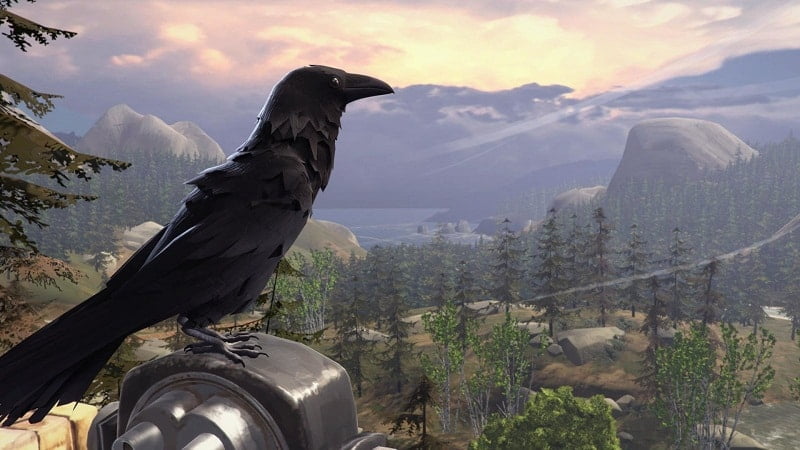
Meanwhile, the fire Rachel started rages on the edge of town, engulfing the furs and choking the heavens. How’s that for pathetic fallacy? At one point, you improvise dialogue choices, creeping the boards in Blackwell’s production of The Tempest – a play about plays enacted by characters in a game playing games with each other. Maybe I’m exactly the kind of sensitivo that this is aimed at, but no one else is doing things like this in games at the moment.
It might even be a sliver heavy, its themes and symbols not so much in need of exfoliation, rather dusting over with a little concealer. At one point Chloe asks Rachel of the dangers of being burned, to which Rachel calls upon Frost and replies, “I’ll hold with those who favour fire.” I just smirked and said to myself, “Oh Zack!” It’s a book-junkie’s dream.
The irony that waits for us in that fire, and at the terminus of this story, is a freight train – much like the one our heroes daydreamed of escape in. We know this won’t end well. But there’s something so rapturous about the relationship at the heart of Before the Storm that, for a time, we forget. Short-lived though we know it to be, it burns so very brightly.
And despite all of this chaos and tragedy I am drawn to Arcadia Bay. I know how James Sunderland felt when he said, “In my restless dreams I see that town.” Its true beauty is best understood from our side of the divide – as Chloe points out when she sees a pile of syringes, the side on the brochures.
If America were picked up by its west coast and wafted like a duvet, only the wild ones wouldn’t hang on to Arcadia Bay, their minds in thrall to the magnet of escape. Here’s to the wild ones.
Game: Life is Strange: Before the Storm Episode 2
Platform: PC, PS4, Xbox One
Developer: Deck Nine
Publisher: Square Enix
Release Date: Out Now
